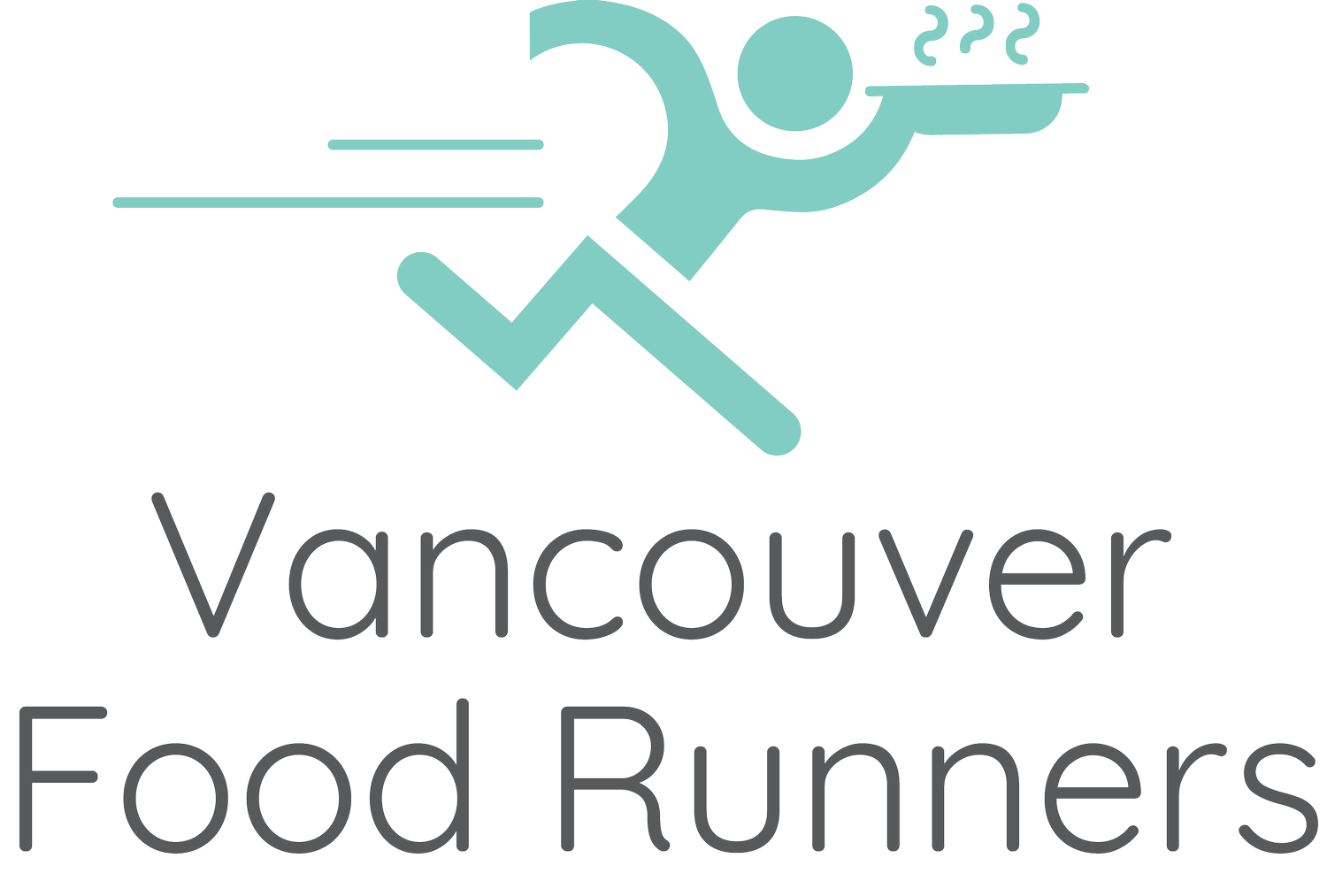Metro Vancouver’s Solid Waste Management Plan Update
VFR: Paul, tell us about yourself and your journey leading up to your current role as General Manager of Solid Waste Services at Metro Vancouver.
Paul Henderson: I have spent my entire career working in local government, with a focus on waste reduction, recycling, and the management of garbage. I had the privilege of working for the City of Vancouver for 22 years and have worked for Metro Vancouver for the last 12 years. I’m a professional engineer with a Master of Applied Science (Engineering) degree as well as an MBA.
I see prevention of food waste as a key priority for Metro Vancouver as well as the region as a whole. Work by non-profits such as Vancouver Food Runners is critical in achieving our collective goals.
VFR: Tell us a bit more about Metro Vancouver Solid Waste: its role in terms of services, planning, and management of solid waste in the region.
PH: Metro Vancouver has a North American leading recycling rate of 65% — roughly twice the Canadian average –- and continues to strive towards zero waste, greenhouse gas emission reduction, and a circular economy.
Metro Vancouver is responsible for planning for less waste, improving reuse and recycling systems, and managing and disposing of the remaining waste in an environmentally responsible manner. We operate a series of solid waste facilities in the region that provide reliable and resilient waste and recycling services available to all residents and businesses in the region. We also work with our member jurisdictions on waste reduction solutions.
VFR: At Vancouver Food Runners, our program is focused on redirecting surplus food from businesses to nearby nonprofits, so we have a specific interest in food waste reduction. Please share about Metro Vancouver’s work in food waste prevention and reduction, and also touch upon the importance of using your green bin!
PH: In Metro Vancouver, we are working to reduce food waste in two ways: by preventing food from being wasted in the first place, and by diverting food scraps from disposal. Composting food scraps is an easy way to have a big impact in our region. By using their green bins, Metro Vancouver residents have:
Saved 420,000 tonnes of food scraps from the garbage in 2021, preventing 160,000 tonnes of greenhouse gases which is comparable to taking 50,000 cars of the road.
Diverted enough organic material to create 140,000 tonnes of finished compost in 2021 —enough to cover more than twice the area of Downtown Vancouver!
Metro Vancouver has several initiatives that focus on food waste reduction in the region. We work with the National Zero Waste Council on the Love Food Hate Waste Canada campaign promoting food waste prevention among Canadians.
We also work with FoodMesh on the Metro Vancouver Food Recovery Network, which is an online platform that connects organizations with surplus food to those who can put the food to good use.
VFR: The Metro Vancouver solid waste management plan is currently in the process of being updated. Please tell us about this update and why it is important.
PH: We are updating our solid waste management plan, building on the strengths of the current plan (approved in 2011), and identifying opportunities for accelerated waste reduction and diversion while reducing greenhouse gases and promoting a circular economy.
Metro Vancouver is actively engaging with governments, including First Nations, government agencies, waste and recycling industry, waste producers, businesses, communities of interest, and Metro Vancouver residents to guide updates to the plan.
We are currently in the vision and guiding principles phase and are seeking feedback from the community about values and priorities related to how residents and businesses purchase, use, reuse, recycle, and throw things away in our region.
To learn more about the update, please visit our website; and complete the 5-minute feedback survey below.
Be the first to read our E-newsletter
Subscribe to our bi-weekly newsletter that arrives to your email inbox every other Saturday!

